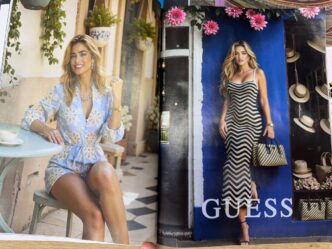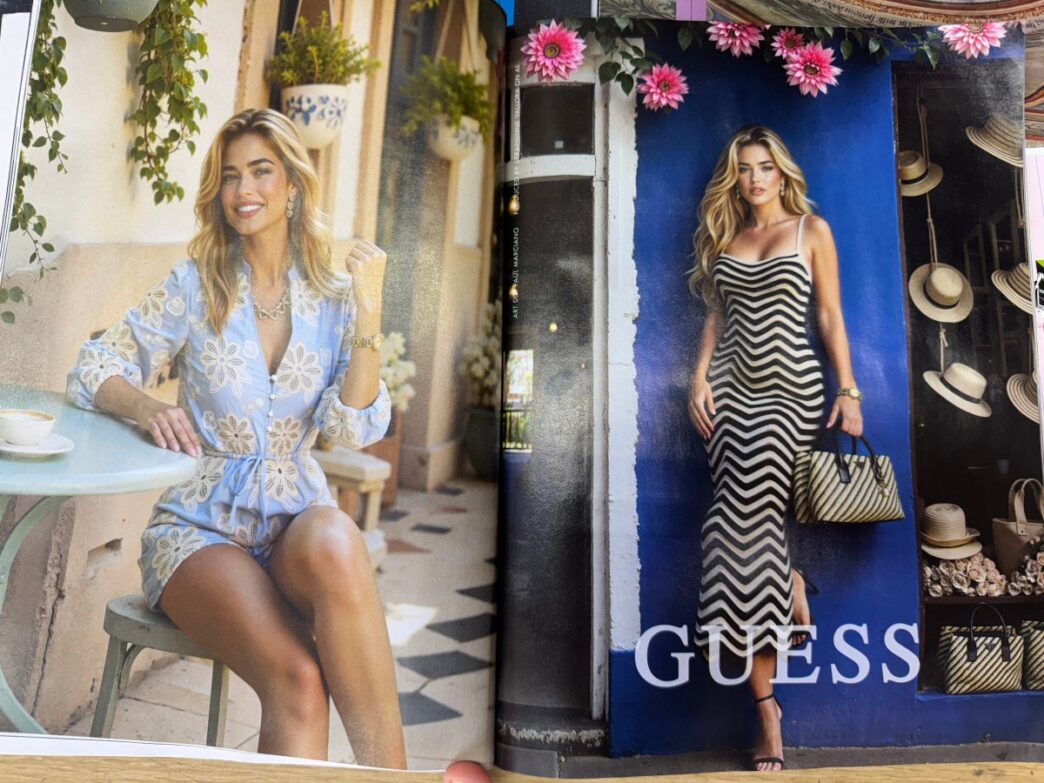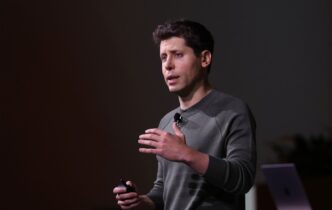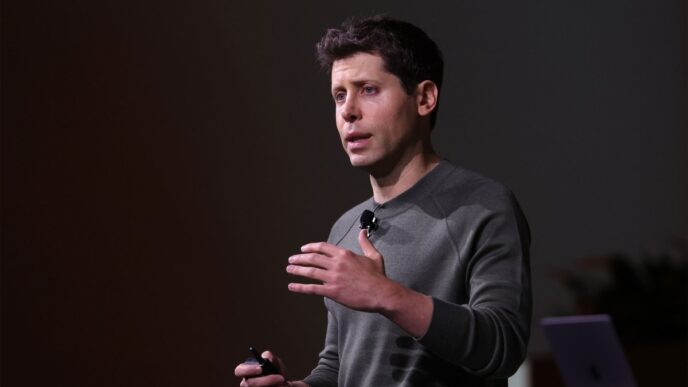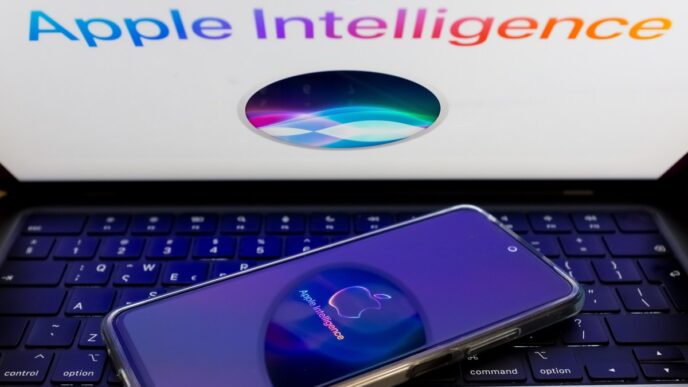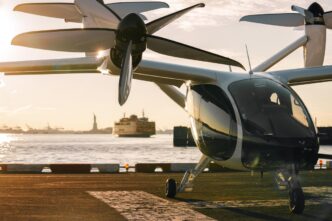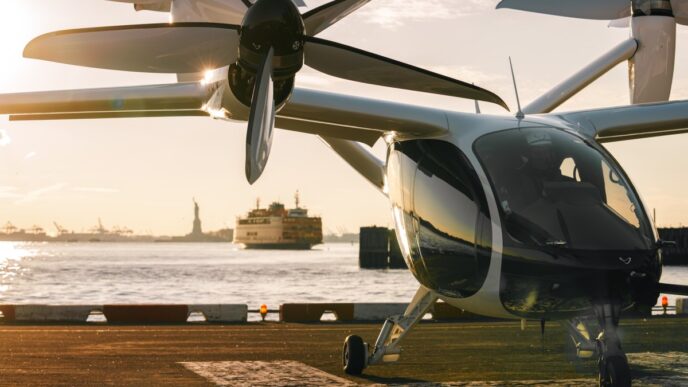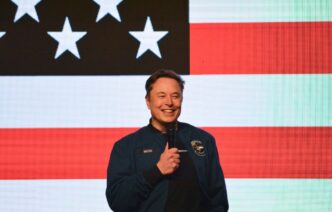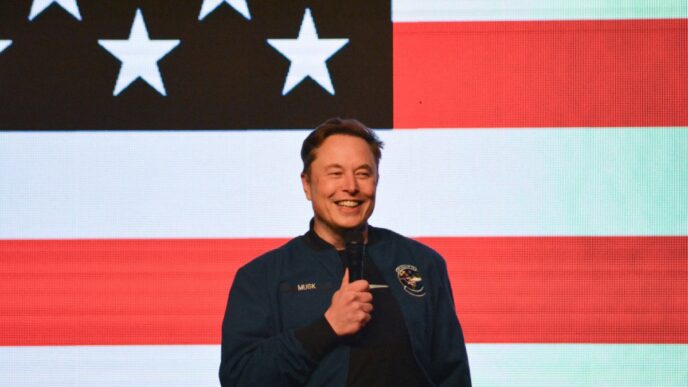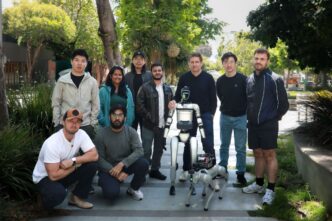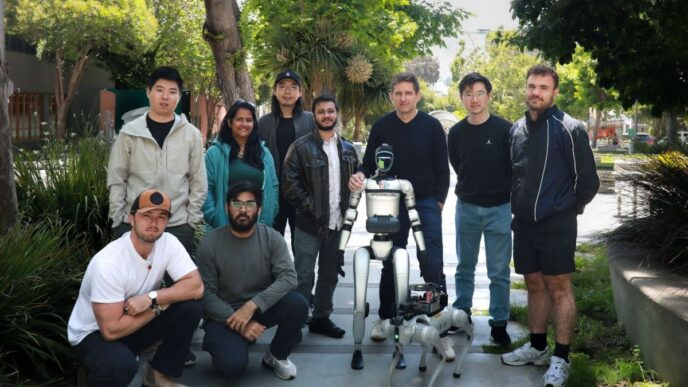Vogue sparks backlash with AI-generated Guess ad model
The issue started when Vogue’s July print edition ran a Guess ad featuring a classic blond, thin, glossy AI-generated model. Fans instantly noticed the familiar beauty standard but flagged the model as fully AI-created. That’s a first for Vogue’s print ads — not just editorials.
The internet exploded after a TikTok post blew the reveal wide open. Many say ads vs. editorials is a distinction without a difference. Vogue told TechCrunch the ad met its standards but the uproar continues.
This isn’t new. Back in 2023, Levi’s faced swift backlash for using diverse AI models created with Lalaland.ai, stirring cries of “artificial diversity.” Commercial model Sarah Murray called it exhausting.
“Modeling as a profession is already challenging enough without having to compete with now new digital standards of perfection that can be achieved with AI,” Murray told TechCrunch.
Two years on, brands like H&M, Mango, Calvin Klein, and French retailer Veepee continue to lean on AI-generated models. The reason? It’s just cheaper and much faster.
AI ad exec PJ Pereira explained:
“There’s no way to scale from four to 400 or 400,000 [pieces of content] with just process tweaks. You need a new system. People get angry. They assume this is about taking money away from artists and models. But that’s not what I’ve seen.”
Sinead Bovell, model and WAYE founder, warned e-commerce models — who depend on regular ad gigs — are most at risk.
“E-commerce is where most models make their bread and butter. It’s not necessarily the path to model fame or prestige, but it is the path for financial security.”
Murray pushed back on brand claims that AI only supplements human talent:
“If those [brands] ever had the opportunity to stand in line at an open casting call, they would know about the endless amounts of models, including myself, that would dream of opportunities to work with their brands. They would never need to supplement with anything fake.”
She worries diverse models will lose out as brands “robot cultural appropriate” identities by AI generation.
“We already see an unprecedented use of certain terms in our contracts that we worry indicate that we are possibly signing away our rights for a brand to use our face and anything recognizable as ourselves to train their future AI systems,” Murray said.
On the flip side, Model Alliance’s Sara Ziff backs the Fashion Workers Act. It would force brands to get clear consent and compensate models for digital replicas, giving new income streams — but also reducing human gigs.
Creative studio Artcare focuses on adding human touches to AI models, especially kids, to avoid blandness.
“The more time we spend on our datasets and image refinements, the better and more consistent our models are,” said CEO Sandrine Decorde.
Fashion booking platform Ubooker sees AI model use as experimental and hype-driven.
“It feels like another example of a brand using AI to be part of the current narrative… The real value will come when it’s used with purpose, not just for visibility,” founder Claudia Wagner said.
Pereira noted AI videos on TikTok can get millions of views, mostly negative comments, but still drive strong engagement and sales.
The fashion industry remains split. Some brands fully embrace AI models, others hybridize with real likenesses, and some reject AI over audience backlash. Vogue’s ad may test the waters.
Amy Odell, fashion writer, summed it up:
“If Vogue ends up doing editorials with AI models, I think that’s going to make it okay. In the same way the industry was really resistant to Kim Kardashian and then Vogue featured her. Then it was okay.”
